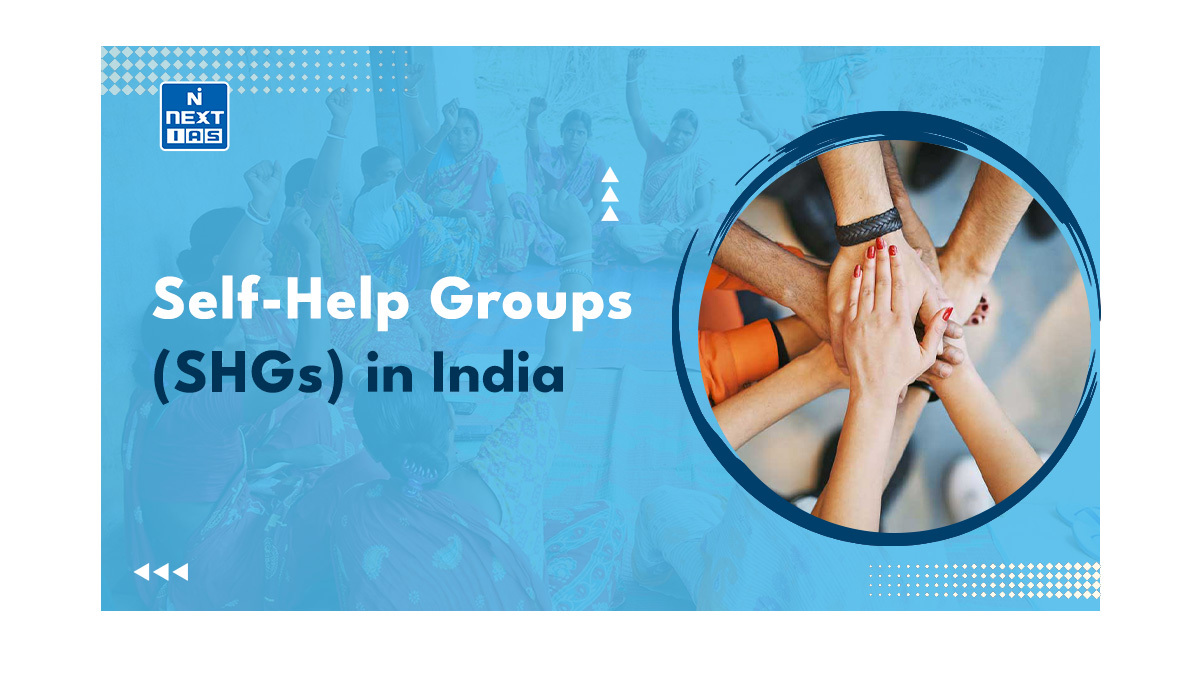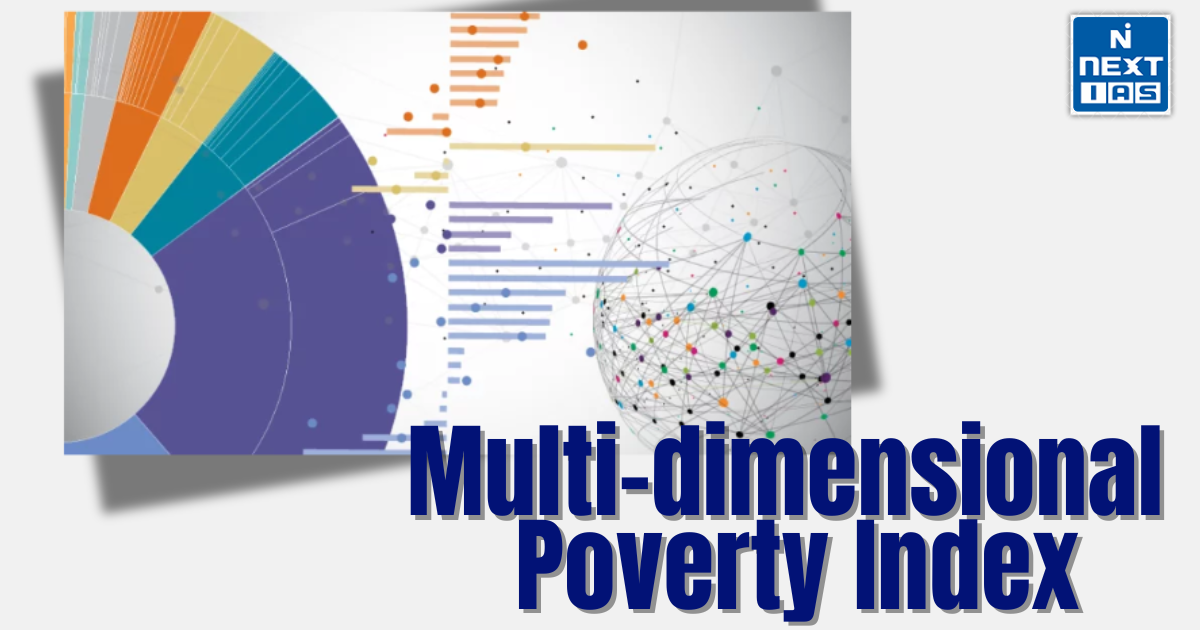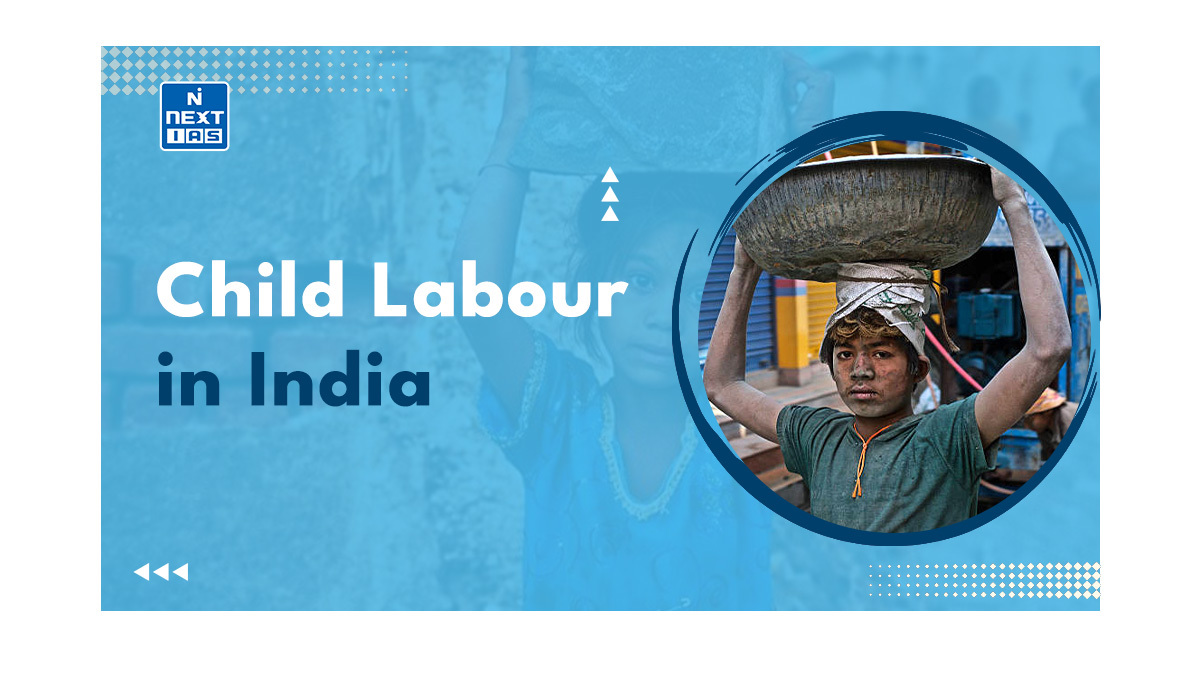
Universal Health Coverage (UHC) ensures that all individuals and communities have access to essential healthcare services without suffering financial hardship. It is significant as it promotes equity in healthcare, improves public health outcomes, and reduces poverty caused by health-related expenses. This article aims to study in detail the concept, objectives, challenges, and strategies related to Universal Health Coverage.
What is Universal Health Coverage (UHC)?
- Universal Health Coverage (UHC) is a foundational goal in global health, ensuring that all individuals and communities receive the health services they need without suffering financial hardship.
- It is promoted by the World Health Organization (WHO) and embraced by many countries, UHC is a critical pillar for achieving sustainable development and improving global health equity.
- Universal Health Coverage means ensuring that:
- Health services are accessible: This includes preventive, curative, rehabilitative, and palliative care across all populations.
- Financial protection is guaranteed: No one should face catastrophic expenditures or impoverishment due to healthcare costs.
- Equity is prioritized: Everyone, especially marginalized and vulnerable groups, has access to healthcare services.
Core Components of Universal Health Coverage
- Access to Essential Services: It includes maternal and child healthcare, vaccinations, mental health services, and treatment for non-communicable diseases (NCDs) and infectious diseases.
- Services should be geographically and culturally accessible.
- Quality of Care: Healthcare services must meet established standards to ensure effectiveness and safety.
- Financial Risk Protection: Mechanisms like health insurance or government-funded programs reduce out-of-pocket expenses and ensure affordability.
Key Strategies for Achieving Universal Health Coverage
- Strengthening Primary Healthcare: Primary care should be the backbone of health systems, delivering essential services and referrals.
- Expanding Financial Protection: Governments must increase public health expenditure and implement health insurance schemes like Ayushman Bharat in India.
- Improving Infrastructure: Investment in health facilities, digital health technologies, and supply chains is crucial.
- Workforce Development: Training and recruiting healthcare professionals, particularly in underserved areas, is essential.
- Policy and Governance: Transparent policies and accountability mechanisms ensure effective implementation and public trust.
India’s Progress Towards Universal Health Coverage
- Ayushman Bharat Program: It comprises the Pradhan Mantri Jan Arogya Yojana (PM-JAY) and Health and Wellness Centres (HWCs).
- It covers over 50 crore beneficiaries for secondary and tertiary healthcare services.
- Public Health Initiatives: National Health Mission (NHM) focuses on maternal and child health, disease control, and strengthening rural and urban health systems.
- Challenges: Despite progress, gaps remain in financing, quality of care, and equitable access in remote regions.
Role of Technology in Universal Health Coverage
- Telemedicine: It provides healthcare to remote areas, overcoming geographic barriers.
- Digital Health Records: It improves efficiency and coordination of care.
- Health Information Systems: It supports data-driven policy decisions and monitoring.
Importance of Universal Health Coverage
- Health Equity: It reduces disparities in healthcare access between different socioeconomic groups.
- It promotes social inclusion and justice.
- Economic Benefits: Healthy populations contribute to productivity and economic growth.
- Reduces the economic burden of diseases through preventive care.
- Global Health Security: It strengthens health systems to better manage pandemics and other public health emergencies.
- Alignment with Sustainable Development Goals (SDGs): It directly contributes to SDG 3: “Ensure healthy lives and promote well-being for all at all ages.”
Challenges in Achieving Universal Health Coverage
There are various Challenges in universal health coverage as
- Funding and Financial Constraints: Many low- and middle-income countries struggle to allocate sufficient resources for health systems.
- Healthcare Workforce Shortages: Lack of trained healthcare professionals hampers service delivery.
- Inequities in Access: Geographic barriers and social determinants of health disproportionately affect rural and marginalized communities.
- Weak Health Systems: Poor infrastructure, lack of medical supplies, and inefficient systems hinder UHC progress.
- Rising Disease Burden: Non-communicable diseases, aging populations, and emerging infections increase demand for healthcare services.
Future of Universal Health Coverage
- Increased Global Collaboration: Partnerships between countries, NGOs, and international organisations will accelerate progress.
- Focus on Preventive Care: It prevents diseases through public health campaigns and lifestyle changes will reduce healthcare costs.
- Innovative Financing Models: New approaches, like public-private partnerships, will ensure sustainable funding.
- Community Involvement: It engages local populations in health initiatives fosters ownership and success.
Case Studies of Universal Health Coverage
- Thailand: It introduced the Universal Coverage Scheme in 2002, which covers 99.5% of its population, reducing healthcare disparities.
- India: It launched Ayushman Bharat to provide health insurance to economically weaker sections, aiming for universal access.
- Rwanda: Through the Mutuelle de Santé insurance scheme, Rwanda has achieved near-universal health coverage.
Conclusion
Universal Health Coverage is not just a healthcare goal; it is a social contract ensuring health equity and financial protection for all. While significant progress has been made globally, challenges remain, particularly in low- and middle-income countries. By investing in health systems, adopting innovative technologies, and promoting policies focused on inclusivity and sustainability, nations can move closer to achieving UHC. As the backbone of global health security and equity, UHC is a promise to leave no one behind.
FAQs
Does India have universal health coverage ?
India does not have complete universal health coverage yet. However, the government has implemented schemes like Ayushman Bharat, which aims to provide free health coverage to economically disadvantaged families. Significant gaps remain in access, quality, and affordability, but efforts are ongoing to expand healthcare services and reduce disparities across regions.
What is universal health care coverage ?
Universal health coverage (UHC) ensures that all individuals and communities receive essential health services without financial hardship. It includes preventive, curative, rehabilitative, and palliative care. UHC emphasizes equity, quality, and affordability, aiming to protect people from high medical costs while promoting overall health and well-being for every member of society.
What are the 3 pillars of universal coverage ?
The three pillars of universal health coverage (UHC) are: Population coverage (ensuring everyone is included), Service coverage (providing a comprehensive range of quality health services), and Financial protection (minimizing out-of-pocket costs to prevent financial hardship). Together, these pillars aim to achieve equitable, accessible, and affordable healthcare for all.
when international universal health coverage day was celebrated ?
International Universal Health Coverage Day is celebrated annually on December 12. It was proclaimed by the United Nations in 2017 to emphasize the importance of achieving universal health coverage. The day raises awareness, promotes equity in healthcare access, and encourages global efforts to ensure health services for all without financial hardship.
What is Right to health and Universal healthcare ?
The Right to Health is a fundamental human right ensuring everyone can access the highest attainable standard of physical and mental health. Universal Healthcare (UHC) is the system that operationalizes this right by providing equitable access to essential health services without financial hardship, promoting affordability, quality, and inclusivity for all.






